 This week’s Top Ten Tuesday focuses on the top ten books I feel as though everyone has read but me. I went to three different high schools. I can’t remember reading a single book for school during all of tenth grade. In fact, all I remember about that year was doing grammar exercises out of the Warriner’s grammar book and feeling that our teacher hated us. Eleventh and twelfth grade were better, but I still managed to graduate from high school (and college, as an English major no less) without having been required to read a lot of books that seem to be staples in the canon.
This week’s Top Ten Tuesday focuses on the top ten books I feel as though everyone has read but me. I went to three different high schools. I can’t remember reading a single book for school during all of tenth grade. In fact, all I remember about that year was doing grammar exercises out of the Warriner’s grammar book and feeling that our teacher hated us. Eleventh and twelfth grade were better, but I still managed to graduate from high school (and college, as an English major no less) without having been required to read a lot of books that seem to be staples in the canon.
- [amazon_link id=”0452284236″ target=”_blank” ]Nineteen Eighty-Four[/amazon_link] by George Orwell. I actually do want to read this one, and I had every intention of reading it this year, but I think you have to be in a mood for dystopian literature, and frankly, that mood hasn’t happened this year.
- [amazon_link id=”0142000671″ target=”_blank” ]Of Mice and Men[/amazon_link] by John Steinbeck. I’ve seen the movie many times, and it’s not like it’s a long book. It’s just that, well, the mood thing. At least that’s my excuse for not reading it this year. You know, I put together this reading challenge specifically to address some of these deficiencies, and I read all of one book for it.
- [amazon_link id=”0143039431″ target=”_blank” ]The Grapes of Wrath[/amazon_link] by John Steinbeck. Ditto.
- [amazon_link id=”0307454541″ target=”_blank” ]The Girl with the Dragon Tattoo[/amazon_link] by Stieg Larson. Not sure I want to read it, but man, hasn’t everyone else?
- [amazon_link id=”0307594009″ target=”_blank” ]Anne Frank: The Diary of a Young Girl[/amazon_link] by Anne Frank. I somehow never got around to this one. I teach at a Jewish school, but the students tend to read it in middle school now.
- [amazon_link id=”B000XSKDH4″ target=”_blank” ]Anne of Green Gables[/amazon_link] by L.M. Montgomery. Would I like this? I was never sure, so I never picked it up. Now it almost feels too late to bother.
- [amazon_link id=”1420929089″ target=”_blank” ]Little Women[/amazon_link] by Louisa May Alcott. Even my husband has read this book. I never really wanted to, but it sure seems like everyone else has read it.
- [amazon_link id=”0375842209″ target=”_blank” ]The Book Thief[/amazon_link] by Marcus Zusak. I have finally been convinced to put this on my TBR pile, but frankly, I avoid books about the Holocaust mainly because it was such a tragic event—many of my students’ grandparents are Holocaust survivors—and sometimes I feel that books and movies try to capitalize on it. It’s hard to explain how I feel. It’s sort of like writing a college admissions essay that deals with your brother being killed by a drunk driver—the admissions committee looks callous if they pick at your writing ability with a subject so fraught with emotion, but the point behind the essay is to evaluate your writing ability. It’s a form of manipulation. That’s how I feel about Holocaust books and movies—it’s almost impossible to criticize them because you look like a horrible person. Case in point, [amazon_link id=”0198326769″ target=”_blank” ]The Boy in the Striped Pajamas[/amazon_link] probably couldn’t have happened in reality because of the manner in which the Nazis dealt with children during the Holocaust, and yet, how do you point that out without looking like a complete ass? I should just stop because you probably think I’m a horrible person.
- [amazon_link id=”1594480001″ target=”_blank” ]The Kite Runner[/amazon_link] by Khaled Hosseini. I started this one, but didn’t get far. My daughter has read it. She said it’s excellent.
- [amazon_link id=”1451626657″ target=”_blank” ]Catch-22[/amazon_link] by Joseph Heller. This seems to be some kind of staple of teens/twenties. I don’t know how I passed the threshold into the my thirties without having my book passport stamped with this one, but I snuck by somehow. And now that I’m officially in my 40’s, I’m just not even sure I’d want to bother.
In addition to these books, I haven’t read much Kurt Vonnegut at all (that is, I have read one short story). I’ve also read precious little Dickens ([amazon_link id=”0142196584″ target=”_blank” ]A Tale of Two Cities[/amazon_link], [amazon_link id=”0142196584″ target=”_blank” ]Great Expectations[/amazon_link], and [amazon_link id=”1612930336″ target=”_blank” ]A Christmas Carol[/amazon_link] being the only selections I’ve read).
However! Before the admonitions start in the comments, I would like to add that I have read all of the following books that seem to be cropping up on these lists on other peoples’ blogs today:
- [amazon_link id=”B003GCTQ7M” target=”_blank” ]Moby Dick[/amazon_link] by Herman Melville
- [amazon_link id=”B003VYBQPK” target=”_blank” ]The Adventures of Huckleberry Finn[/amazon_link] by Mark Twain
- [amazon_link id=”0743273567″ target=”_blank” ]The Great Gatsby[/amazon_link] by F. Scott Fitzgerald
- [amazon_link id=”0684801469″ target=”_blank” ]A Farewell to Arms[/amazon_link] by Ernest Hemingway
- [amazon_link id=”0679723161″ target=”_blank” ]Lolita[/amazon_link] by Vladimir Nabokov
- [amazon_link id=”0199536368″ target=”_blank” ]Crime and Punishment[/amazon_link] by Fyodor Dostoyevsky
- [amazon_link id=”0143105442″ target=”_blank” ]The Scarlet Letter[/amazon_link] by Nathaniel Hawthorne
- All of Jane Austen’s completed books (the six novels)
- [amazon_link id=”0143106155″ target=”_blank” ]Jane Eyre[/amazon_link] and [amazon_link id=”0143105434″ target=”_blank” ]Wuthering Heights[/amazon_link] by Charlotte and Emily Brontë respectively
So, I am not a complete slouch.
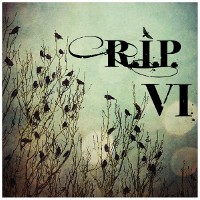





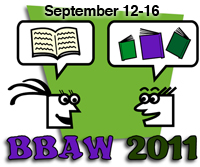


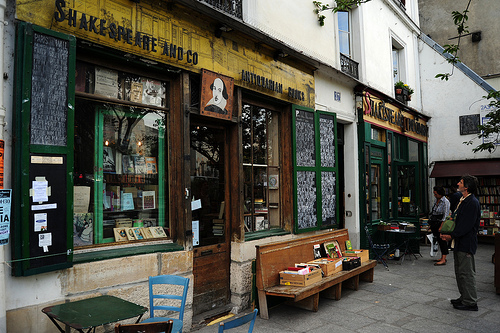

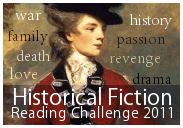



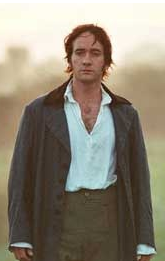
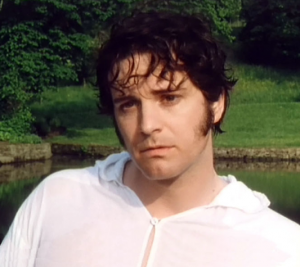
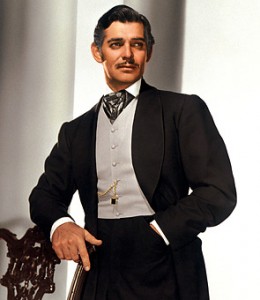
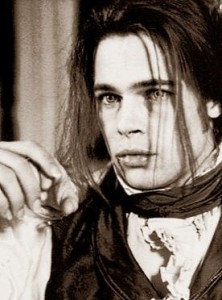
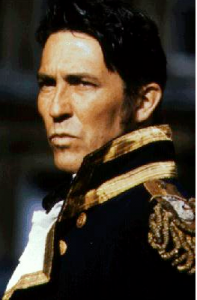

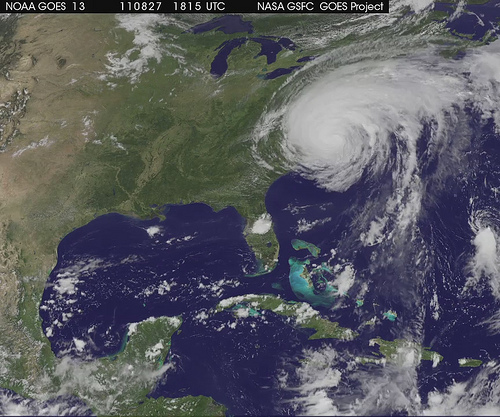
![Good Night Irene [hd video]](http://farm7.static.flickr.com/6201/6093514049_0107215ae2.jpg)